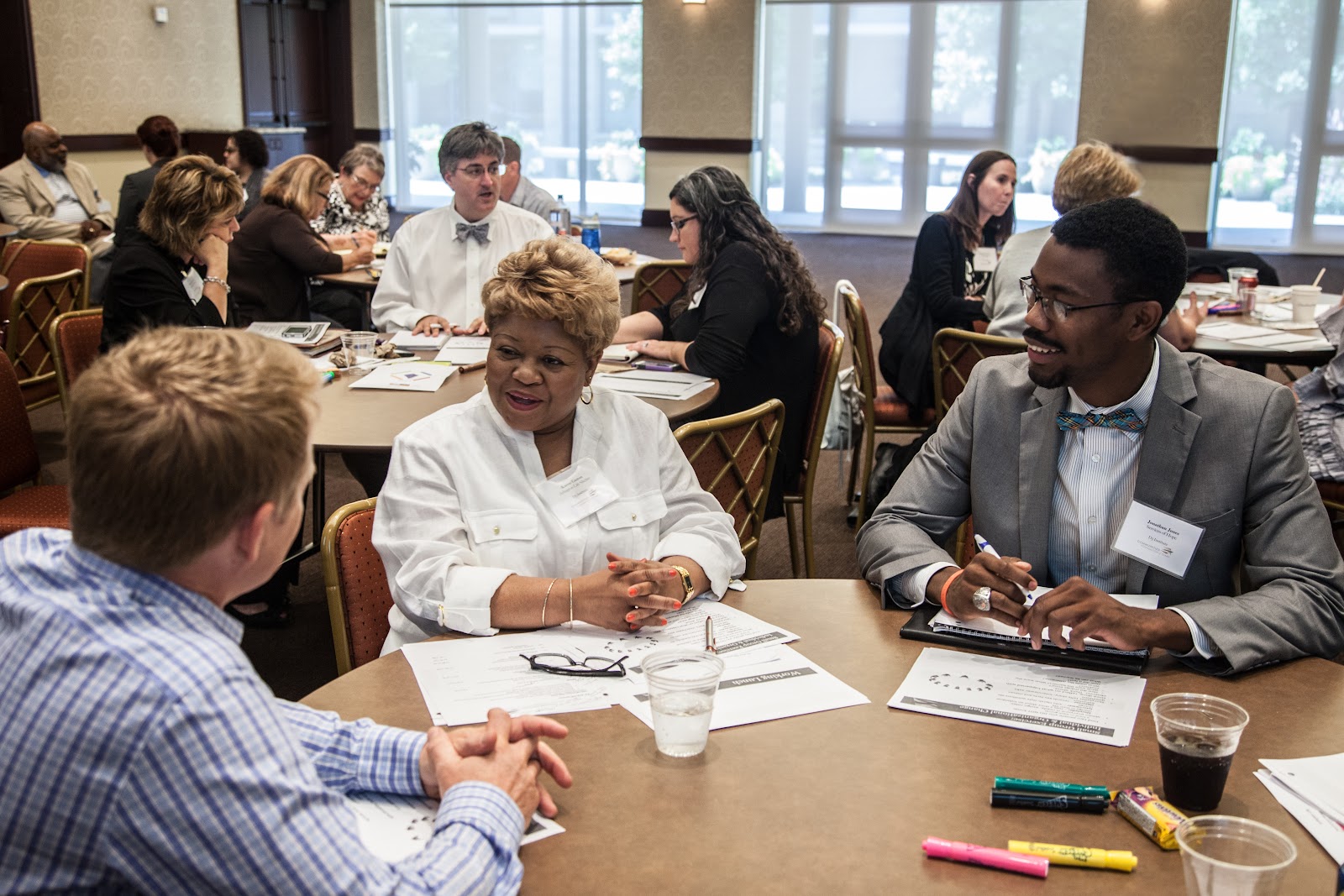CFT’s D3 Institute was a data bootcamp for agencies
The picture of Dallas that emerged from a study released in 2012 debunked the prevailing thought that the city and the surrounding North Texas region were filled with people earning comfortable incomes.
The 2012 Dallas Assets & Opportunity Profile, produced by Prosperity Now (formerly known as CFED), revealed that 39 percent of the city’s households were living in asset poverty, with even more at risk of falling into poverty.
The study also found that 68 percent of Dallas residents had subprime credit scores, and more than half of low-income residents did not have health insurance, placing them at financial risk in the event of a medical crisis. These statistics illuminated a tenuous economic state for many Dallas households, an important factor since financial insecurity can destabilize a community long-term.
With the study’s findings in hand, Communities Foundation of Texas set out to improve the financial stability of low-income working families by bringing together social service agencies who serve them, and training the agencies to use data strategically. The goals for the initiative was to help agencies understand the contemporary issues of low-income families and to use data to drive decisions about services, clients and funding needs, ultimately creating learning communities within the nonprofit sector. Based on this, the Data-Driven Decision-Making Institute (D3) was born.
Known among the competitively selected participating social service agencies as ‘D3,’ the Institute provided the agencies’ leadership and program staff with targeted learning opportunities. For nine months, agencies participated in monthly classroom-style workshops, received one-on-one coaching and built relationships with each other to enhance services.
From 2012 to 2014, 46 nonprofits participated in the D3. Leaders of many of the participating organizations have called it a game-changing experience.
“It made a change in my life, and it made me more valuable as a team member,” said Jane Waters, director of operations for Healing Hands, a community-based medical and dental clinic and a member of the D3 class of 2013. “I’m so truly grateful.”
To learn more about D3, please view the D3 Yearbook.
Watch the following video to learn about the impact CFT has made through the Data-Driven Decision-Making (D3) Institute in supporting the Economic Security for Low Income Families and the agencies who serve them.
How does CFT work to improve the economic success of working families? from Communities Foundation of Texas


